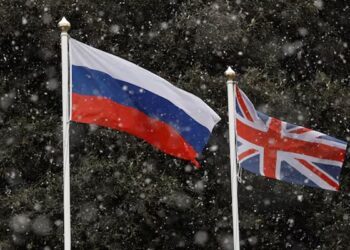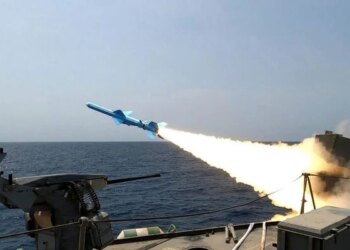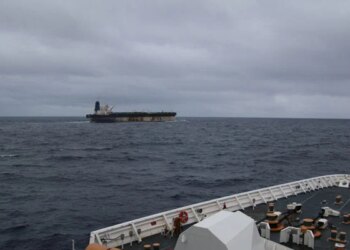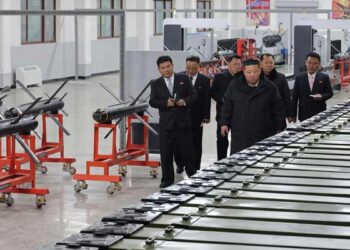Select Language:
Russia has recently conducted a missile launch involving the Yars intercontinental ballistic missile at the Plesetsk Cosmodrome. This was part of a military exercise designed to test Russia’s nuclear forces across land, sea, and air, aiming to rehearse their readiness and command structure in the Arkhangelsk region. The image captured from the video, released on October 22, 2025, shows the missile in action.
Lavrov dismisses claims that Moscow has conducted underground nuclear detonations, asserting that Russia is open to discussions with the United States on the issue. Russia states that the U.S. can verify their claims through seismic monitoring systems, and so far, Washington has not provided any clarification regarding the allegations.
Recently, Russia has tested its nuclear-capable weapons systems, but it denies US accusations that it secretly detonated a nuclear device. US President Donald Trump had previously claimed that Russia and China were conducting secret nuclear tests, prompting concerns, although both countries have denied such activities. Since the 1990s, none of the three nations—Russia, the US, or China—has publicly tested a nuclear warhead, even though they are signatories to, but not all have ratified, the Comprehensive Nuclear-Test-Ban Treaty (CTBT).
Lavrov, in a televised interview, expressed Russia’s willingness to discuss the suspicions raised by the US. He explained that tests such as subcritical or non-chain nuclear reactions and carrier tests have not been prohibited, and the US can inspect Russia’s activities via seismic monitoring.
Russia has not received specific explanations from Washington about their allegations. Kremlin spokesperson Dmitry Peskov confirmed that no clarification has been provided by the US as of yet. The collective nuclear arsenals of Russia and the US amount to approximately 8,000 warheads, representing about 85% of the world’s total stockpile, according to SIPRI.
Lavrov’s interview marked his first public appearance in nearly two weeks, fueling speculation about a possible rift with Putin. Rumors suggested a canceled summit between Putin and Trump in Budapest followed a tense phone call between Lavrov and US Secretary of State Marco Rubio, which Moscow denies, stating their conversation was polite and constructive. Lavrov emphasized that the recent nuclear tensions are unrelated to the canceled summit, reiterating Russia’s openness to a meeting between Putin and Trump.






